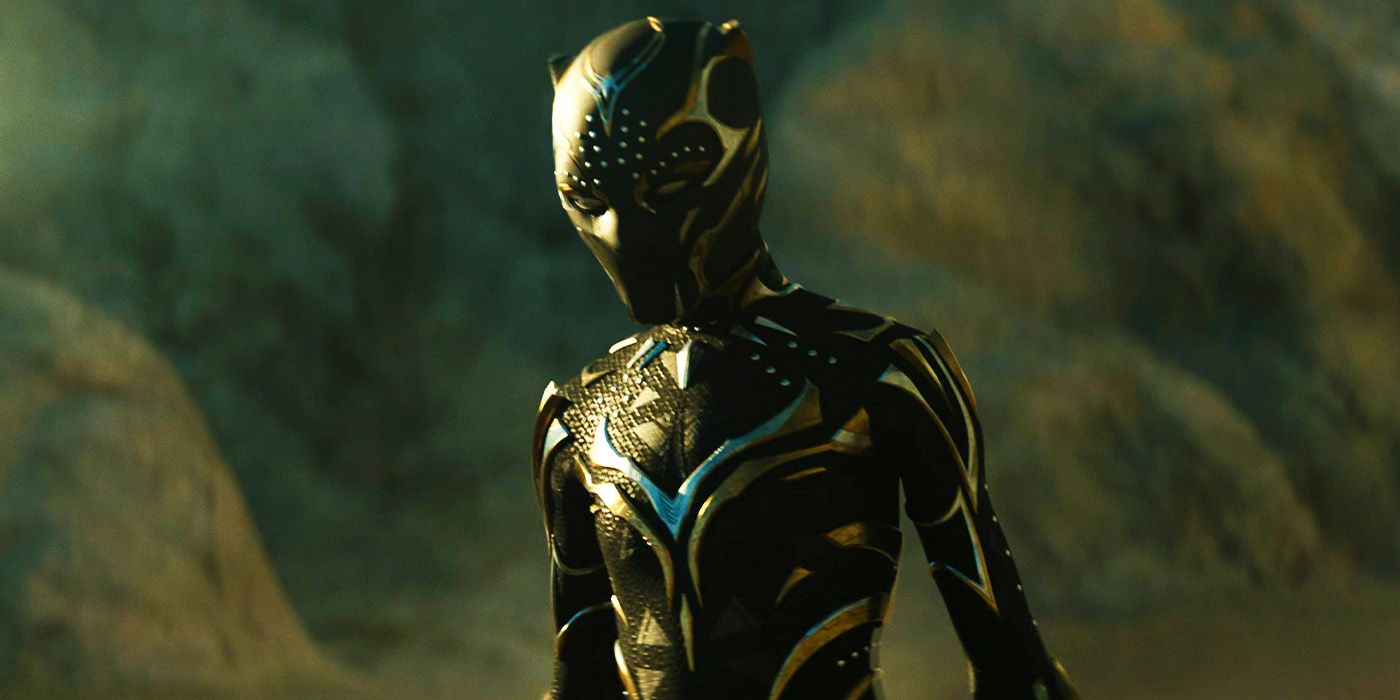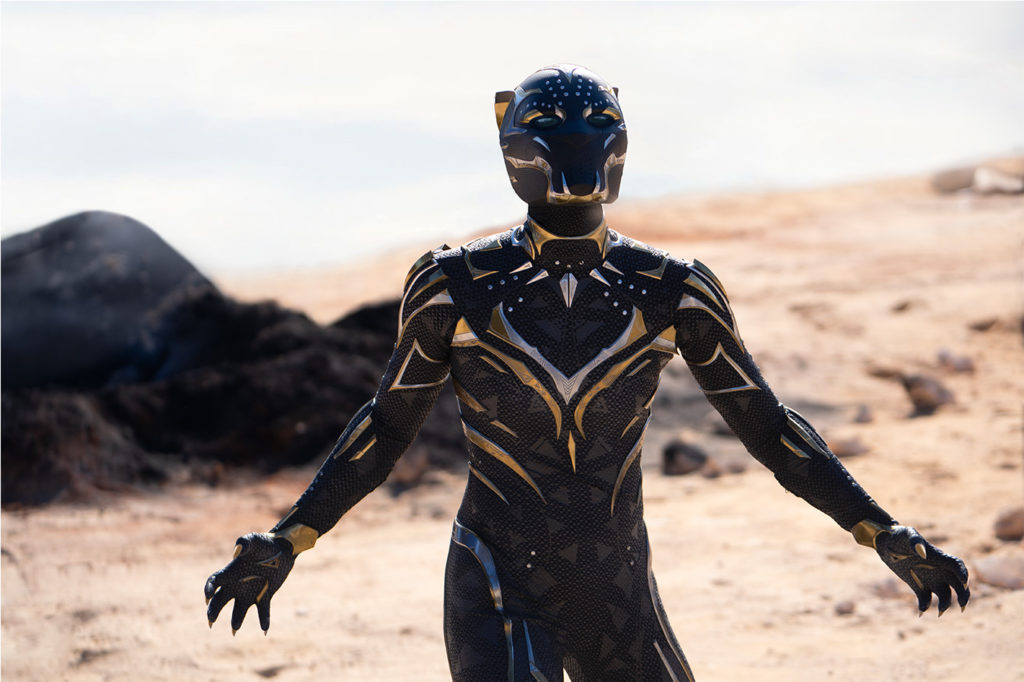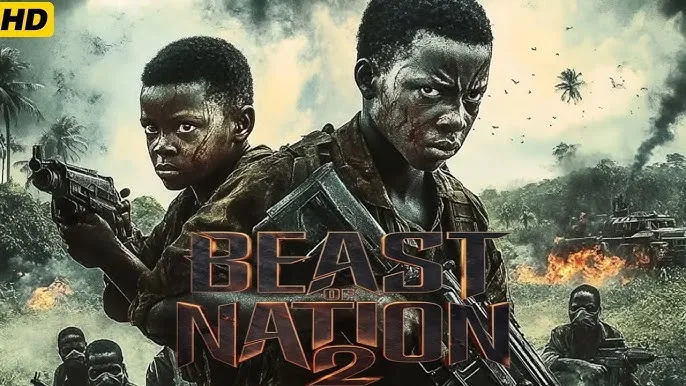A king is gone. A nation remains. And its heart still beats
Wakanda Forever (2024) is a profound, visually rich continuation of the Black Panther saga—one that transforms immense real-world loss into a bold, emotional, and action-packed tribute to legacy. Directed once again by Ryan Coogler, this sequel carries the weight of Chadwick Boseman’s passing with grace and reverence, turning absence into story and mourning into strength. It’s not just a superhero movie—it’s a eulogy wrapped in a revolution.
The film opens with a Wakanda in mourning. King T’Challa has died—off-screen, respectfully unexplained—and the nation is left reeling. Queen Ramonda (Angela Bassett, in a powerhouse performance) struggles to maintain leadership as global powers circle like vultures, hungry for Wakanda’s vibranium. Meanwhile, Princess Shuri (Letitia Wright) buries herself in science and silence, avoiding the grief threatening to consume her.

But Wakanda’s troubles deepen when a new threat emerges—not from the surface world, but from beneath the sea. Namor (Tenoch Huerta), the god-like ruler of the hidden underwater kingdom Talokan, views Wakanda’s technological might as a danger to his people. What follows is not just a clash of kingdoms, but of traumas—two powerful civilizations shaped by colonial violence, both desperate to protect their way of life.
What sets Wakanda Forever apart is its emotional rawness. It doesn’t shy away from death—it embraces it, explores it, and challenges the idea that strength means silence. Shuri’s journey from scientist to reluctant warrior mirrors Wakanda’s transformation from grief into resolve. The film becomes not about replacing T’Challa, but about honoring him—and evolving past what was.
The visuals are stunning. From underwater palaces to torchlit Wakandan rituals, every frame bursts with symbolism and care. Ludwig Göransson’s score weaves West African rhythms with Mesoamerican influences, underscoring the cultural richness on both sides of the conflict. The fight scenes are fierce but not empty spectacle—they carry emotional stakes, particularly the climactic battle between Shuri and Namor, which ends not in dominance, but in diplomacy.

While it introduces new characters like Ironheart (Dominique Thorne) and expands the Marvel lore, the film’s core remains intimate. It's about family, about womanhood, and about finding purpose when your heart is broken. Wakanda doesn’t simply endure—it adapts. And in doing so, it offers a vision of strength that is both majestic and deeply human.
Wakanda Forever (2024) is a salute to Chadwick Boseman, a celebration of Black excellence, and a reminder that true power lies not in what we conquer, but in what we carry forward.



-1757074832-q80.webp)